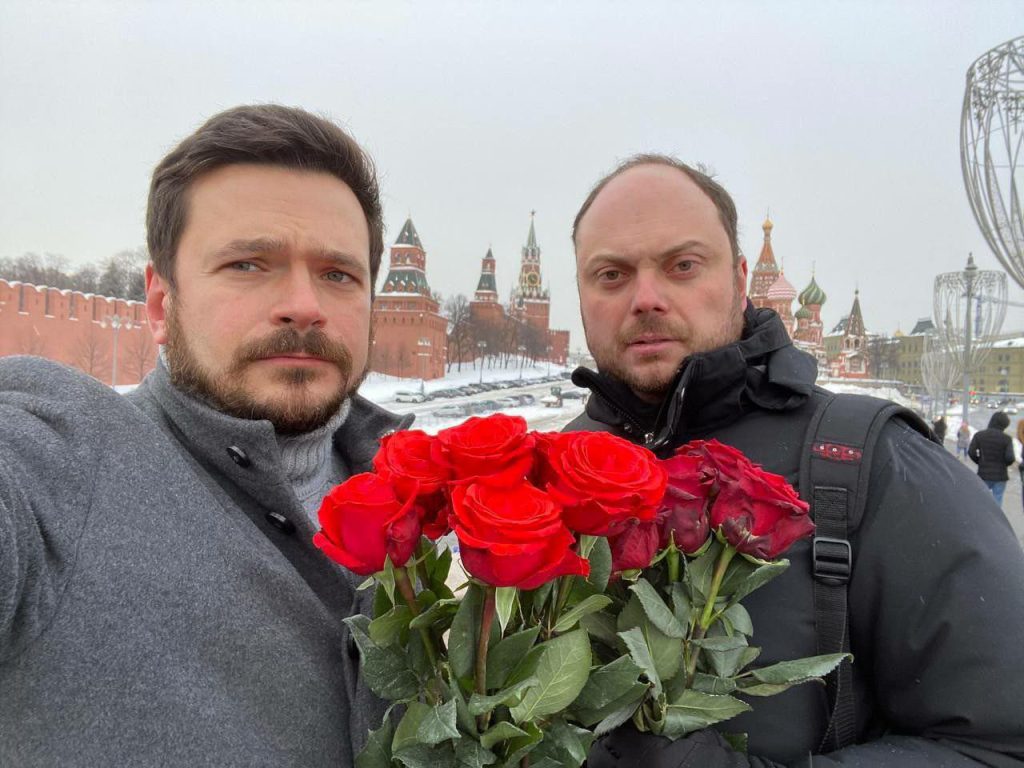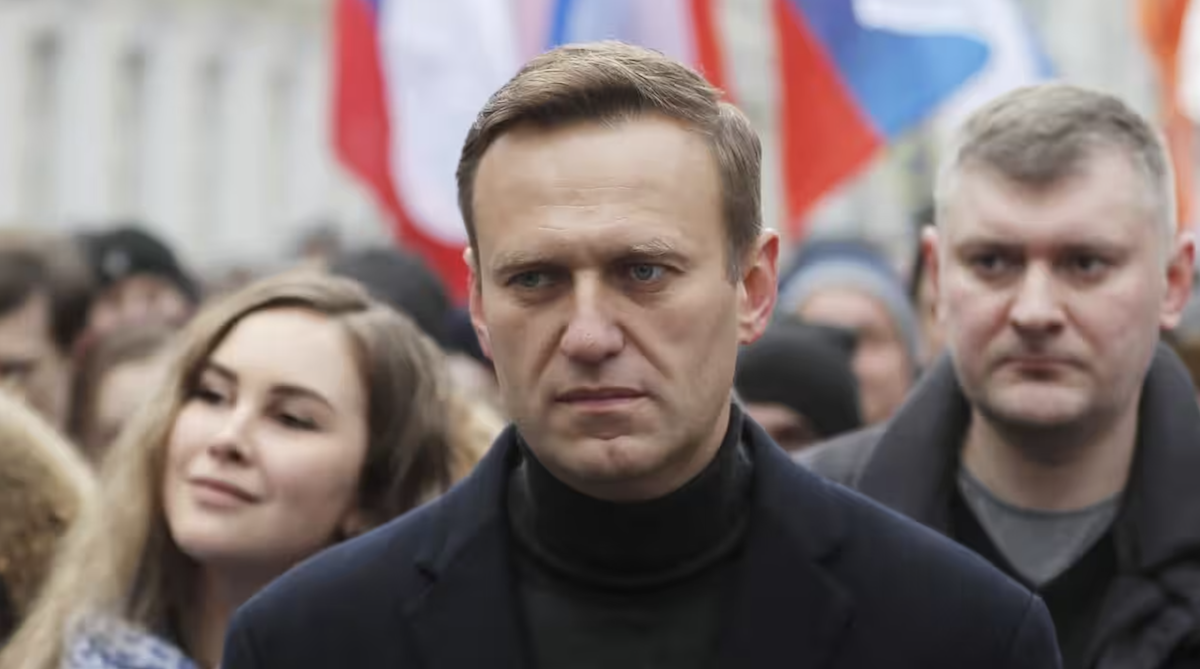Political prisoners in Russia: who is next after Navalny
Political prisoners in Russia
After the assassination of Alexei Navalny by the Russian authorities, many observers are wondering who will be next in this deadly queue.
Some targets are obvious. Not only Yulia Navalnaya, who has stated that she will continue her husband’s work, but also the entire team of Navalny’s allies from the Anti-corruption foundation are under the scrutiny of Russian special services – Maria Pevchikh, Leonid Volkov, Ivan Zhdanov, Georgy Alburov.
The Russian authorities have already declared all of them terrorists and extremists, placing them on international wanted lists, while also exerting pressure on their relatives within Russia, including through criminal prosecution. Moreover, even abroad, these people are not safe, as Russian special services have experience in eliminating their opponents overseas.

But it’s not just the employees of the ACF that the Kremlin considers its enemies.
In Russia, the politician Ilya Yashin is currently in detention, having also openly challenged Putin.
Ilya Yashin began his political career around the same time as Navalny, also in the “Yabloko” party. For a long time, Yashin was friends with and collaborated on joint projects with another Russian politician, Boris Nemtsov. After Nemtsov’s assassination, Yashin completed the work begun by Nemtsov on the report “Putin. War” about the involvement of Russian troops in the war in Donbass in 2014.
In 2017, after the municipal elections in Moscow, he became a municipal deputy and remained in this position until the summer of 2021 when he left due to “increased pressure on the municipality” and “endless checks” by the prosecutor’s office.
Ilya Yashin strongly criticized the Russian authorities for starting the war in Ukraine but firmly refused to emigrate. As a result, he was arrested in 2022, accused of spreading “fake news” about the Russian army, and sentenced to eight years in prison.
“Alexei Navalny was my friend. So was Boris Nemtsov. We worked together and dedicated our lives to making Russia peaceful, free, and happy. Now both of my friends are dead. I feel a black void inside. And, of course, I understand the risks. I am behind bars, my life is in Putin’s hands, and it is in danger. But I will continue to stick to my line,” Yashin wrote from prison after learning of Navalny’s death.
Another “enemy of Putin” who is also in prison is the Russian politician Vladimir Kara-Murza Jr. After the murder in 2009 of the lawyer Sergei Magnitsky from the Hermitage Capital Management fund in a Russian prison, Kara-Murza actively engaged in the campaign to promote the Magnitsky Act in the United States.
The law, adopted in 2012 in the US, obliges the government to impose personal sanctions not only against those who are in any way involved in Magnitsky’s death in pre-trial detention or his criminal prosecution but also against those responsible, according to the US authorities, for human rights violations and the rule of law in Russia, for corruption. In response, the Russian government banned Americans from adopting Russian children.
In the Kremlin, all these actions were seen as treason to the homeland, and Kara-Murza was attempted to be poisoned several times. However, he survived, returned to Russia, where he was arrested in 2023, accused of treason, and sentenced to twenty-five years.
But besides enemies, the Kremlin also has “unruly friends” who criticize the Russian authorities from within and are also subject to elimination. For example, last year, Yevgeny Prigozhin, who barely failed with his private military company “Wagner” to reach Moscow in an attempt to explain how to fight in Ukraine, was eliminated.
The Kremlin also put behind bars its ardent supporter and one of the initiators of the war in Ukraine, Igor Strelkov (Girkin), who criticized the Kremlin for not declaring a general mobilization, which was interpreted as calls for extremism. As a result, Strelkov was sentenced to four years in prison.
The Russian authorities see danger in both enemies and friends.
The prison terms that Russian courts impose on their opponents are already comparable to those of the Stalin era, and no one feels safe.



















